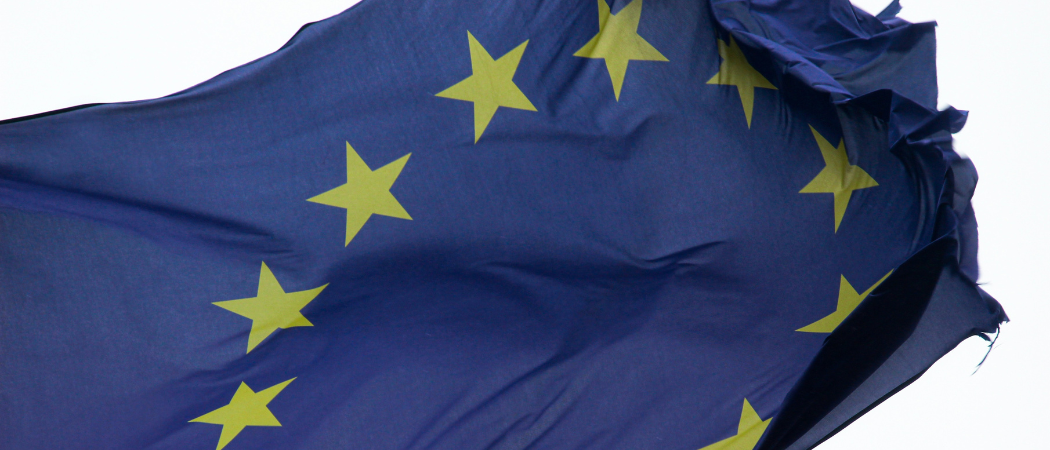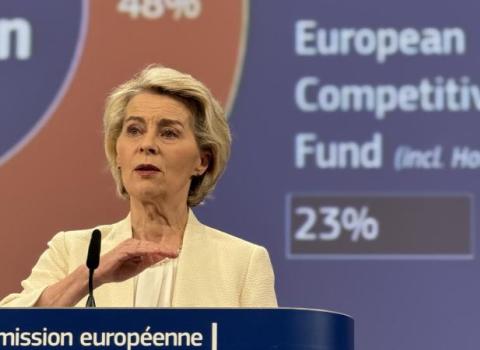As the struggle intensifies over the future of the Framework Programme, polls suggest EU research isn’t seen as a strength

Photo credits: Olivier Darbonville / Unsplash
A survey of young EU citizens suggests that they don’t see research and innovation as one of the bloc’s strengths, nor are they particularly keen on more investment in the area in the future.
The Eurobarometer survey of 16-30 year olds, carried out in February this year and released last week, suggests that the €93.5 billion Horizon Europe research programme may not have cut through to ordinary citizens.
Research and innovation is rarely a top spending ask for voters or an election issue, but governments do it anyway to boost the economy and speed up technological progress.
And young people may be more likely to benefit from EU mobility schemes such as Erasmus+, rather than research grants that typically flow to older scientists.
Still, the results may concern research lobbies as they try to protect the independence of FP10, Horizon Europe’s successor starting in 2028, and argue for a greater budget.
The survey of nearly 26,000 youngsters found that research and innovation ranked last when participants were asked about the EU’s main strengths.
And when asked what the EU should prioritise in the future, respondents also ranked research and innovation near the bottom of their wish list, only beating the digital transformation.
The results from young people appear slightly worse than a separate survey of EU citizens of all ages conducted last year, although the two polls did not ask comparable questions.
In a Eurobarometer poll carried out in October last year, 14% of respondents said that research and innovation should be an EU priority in the medium term.
This made it a lower priority than security and defence, migration, the economy, climate and the environment, health, employment, social equality, education and training, and democracy.
But it did at least rank above agriculture, industry, digital technologies, and trade with countries outside the EU.





 A unique international forum for public research organisations and companies to connect their external engagement with strategic interests around their R&D system.
A unique international forum for public research organisations and companies to connect their external engagement with strategic interests around their R&D system.